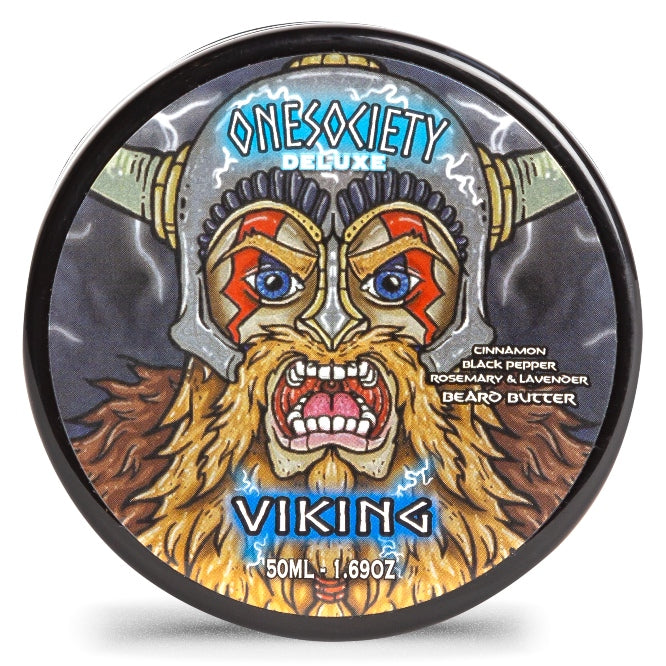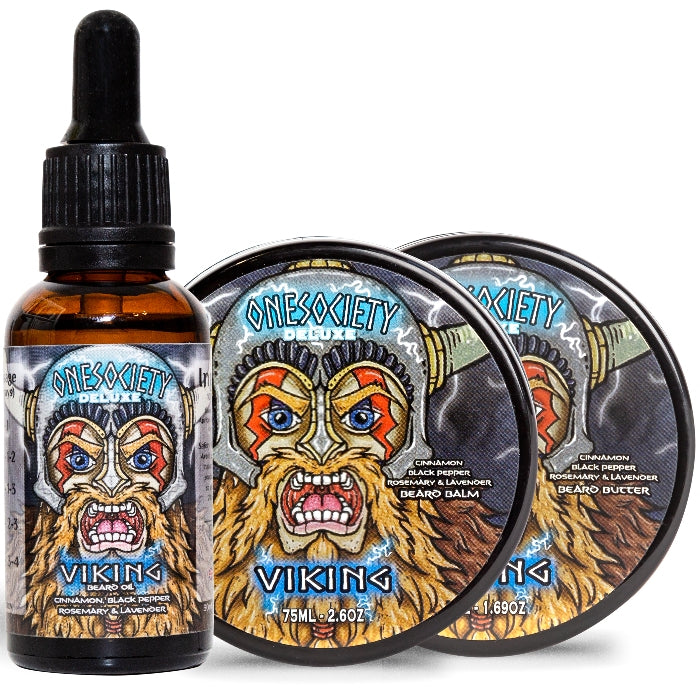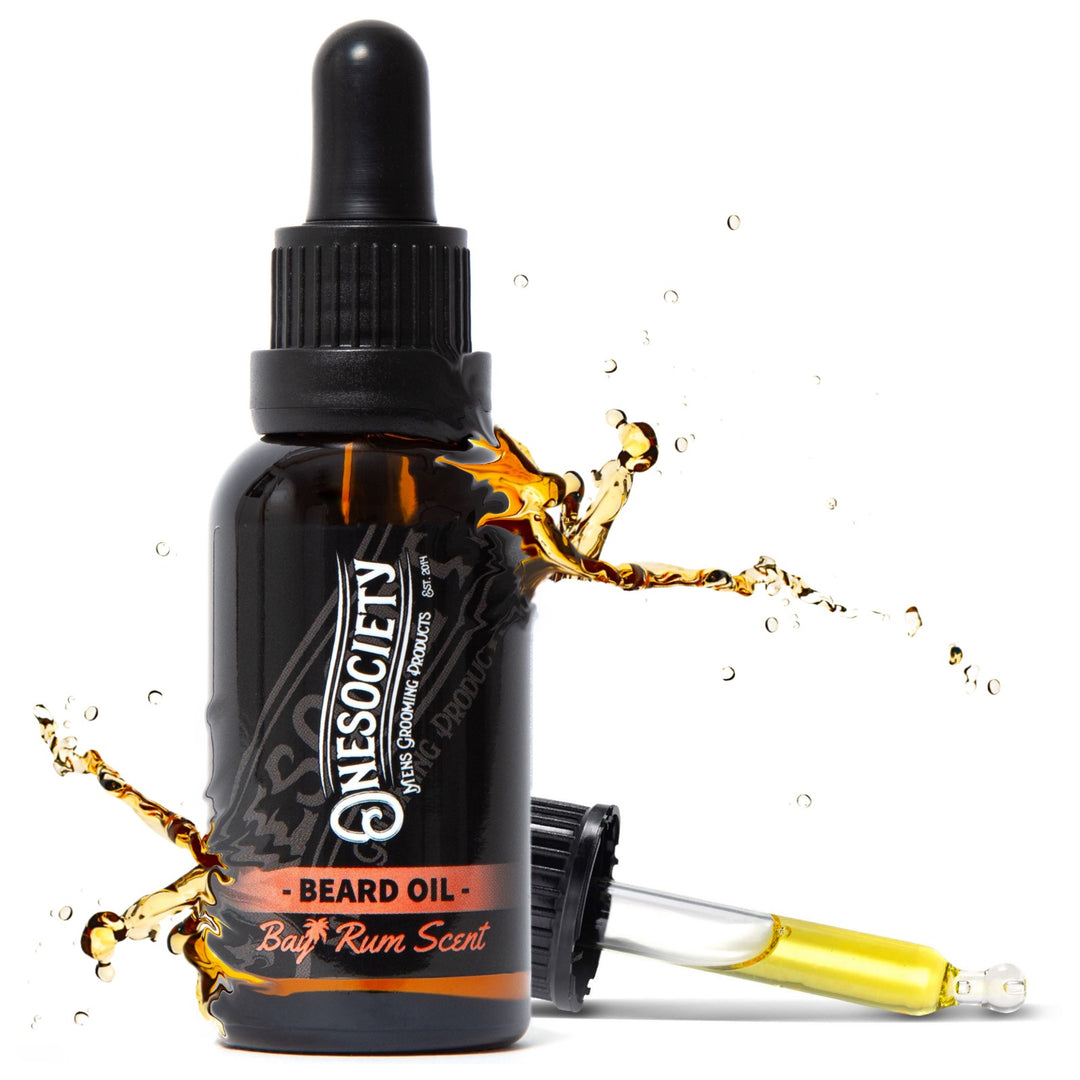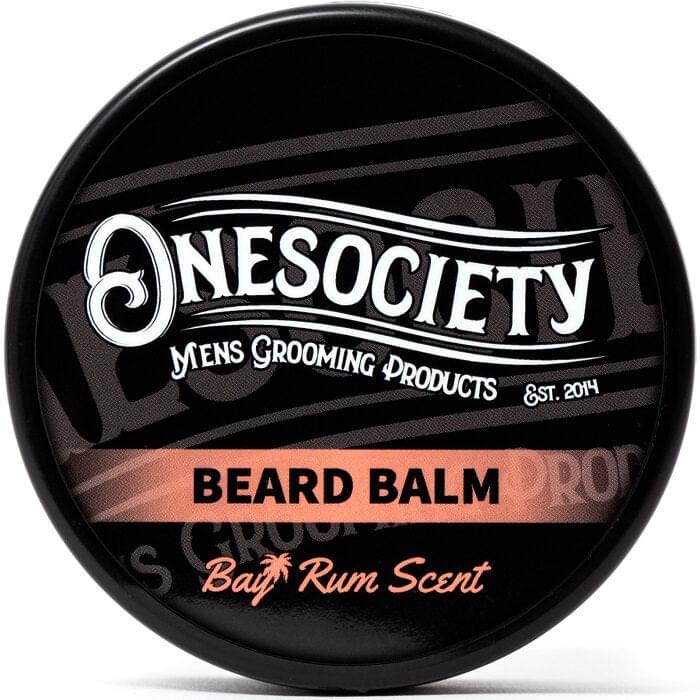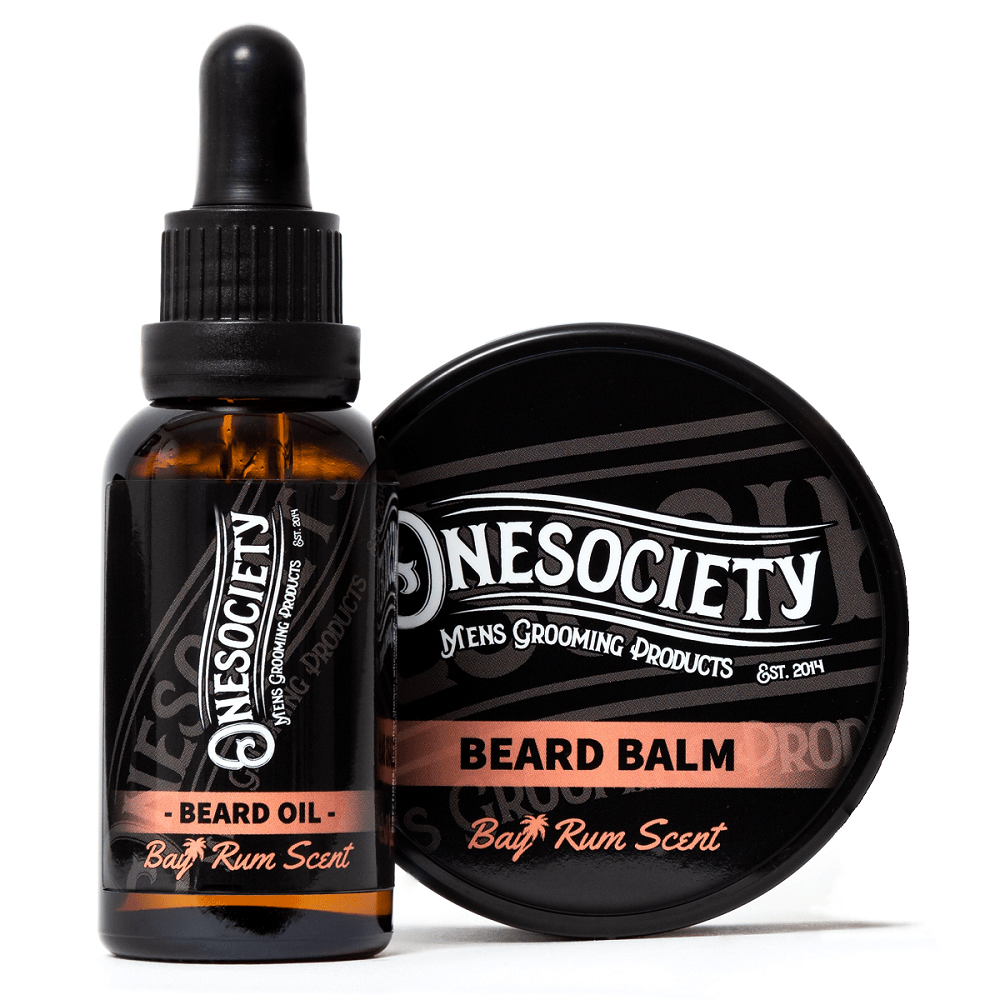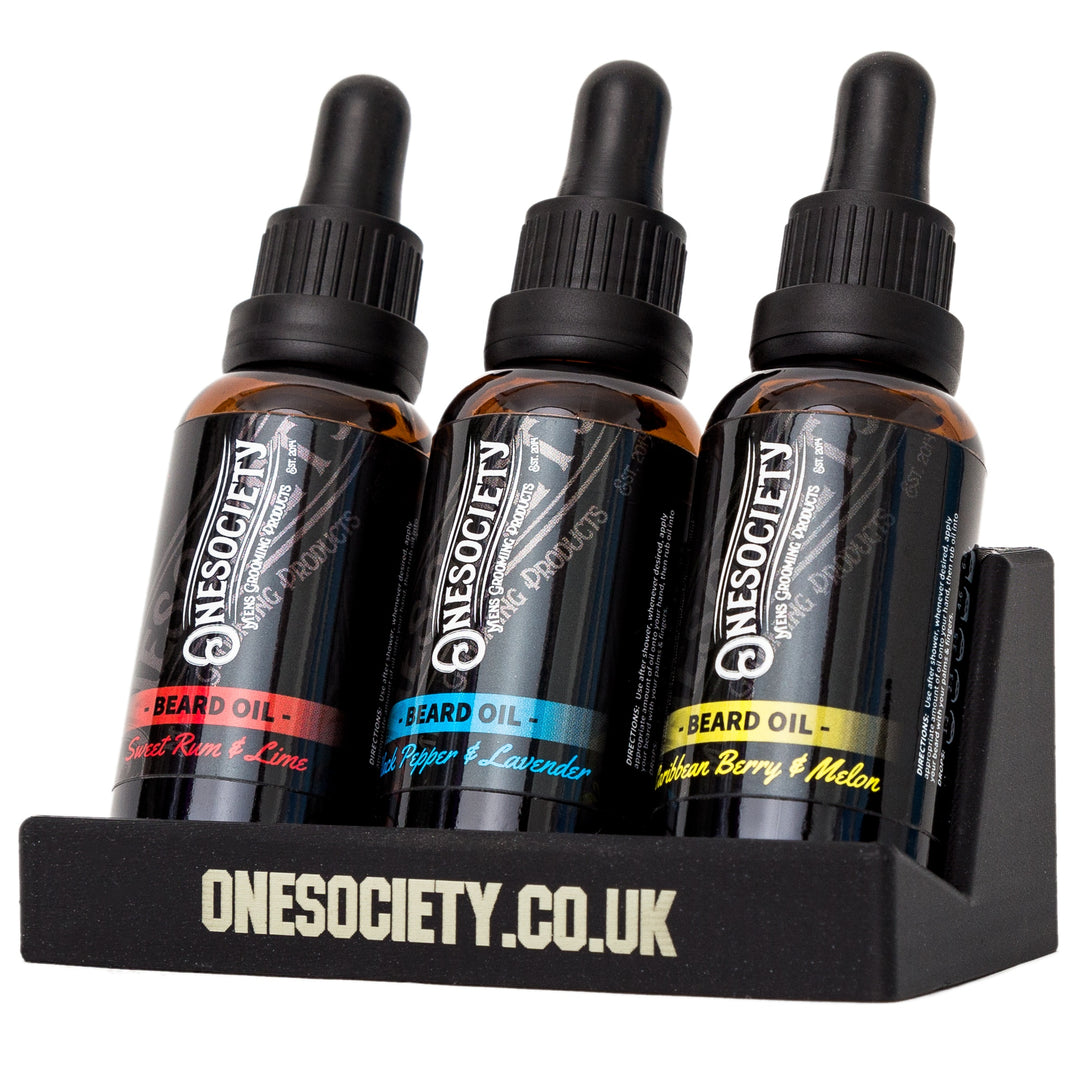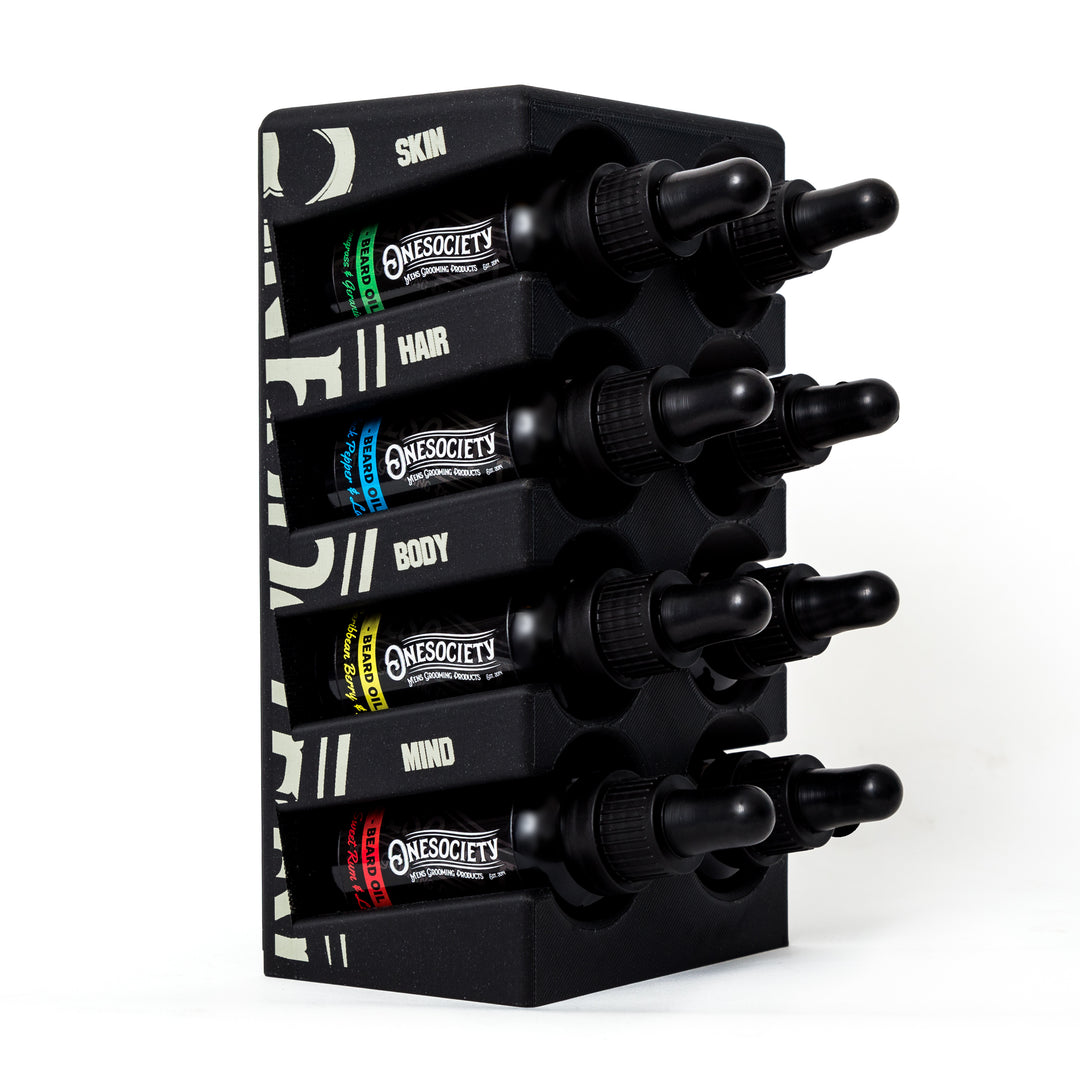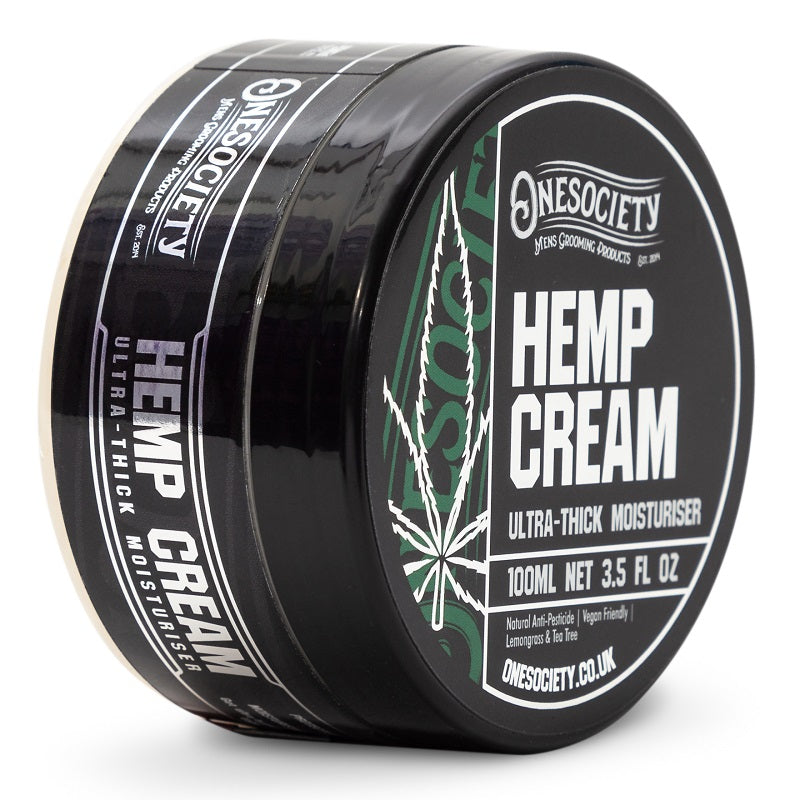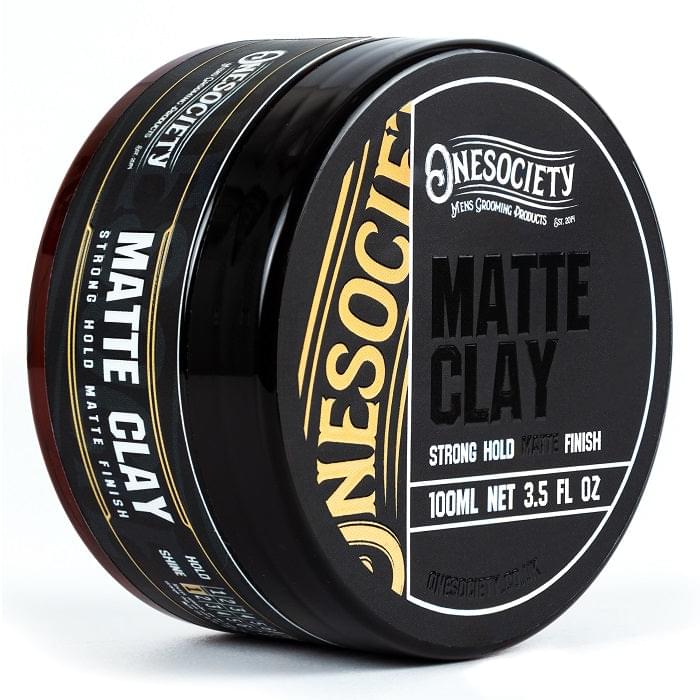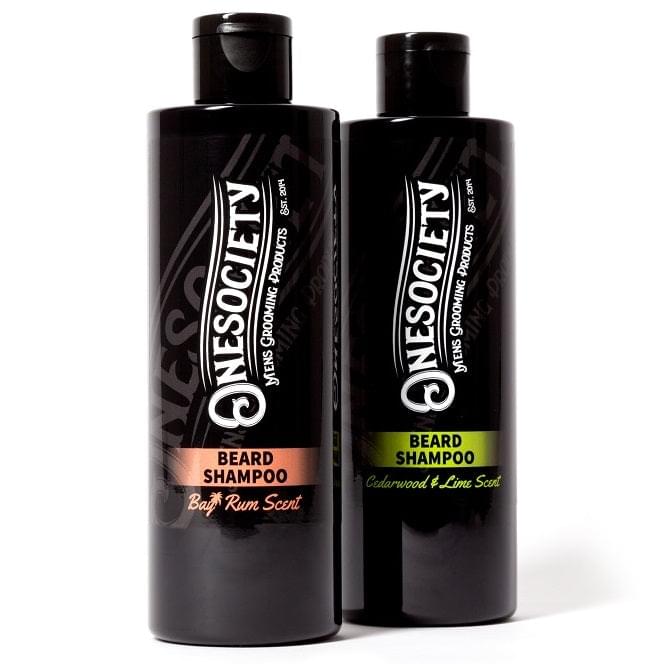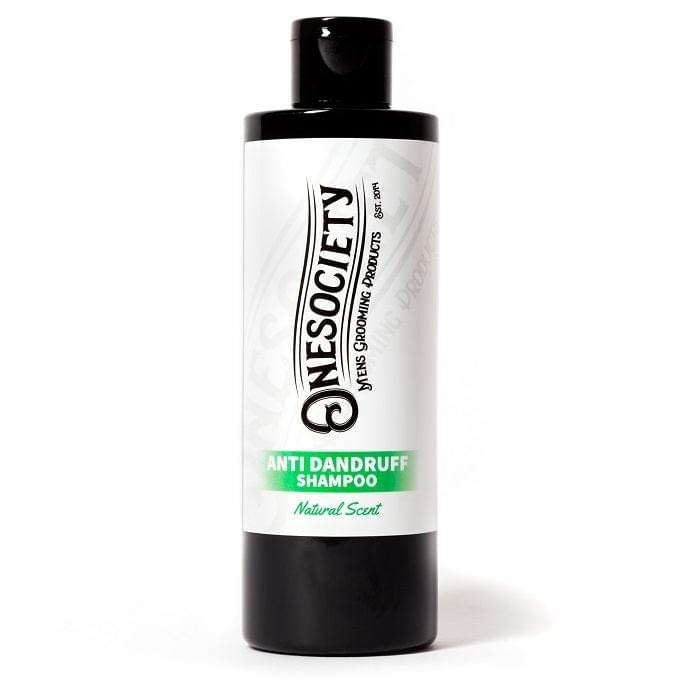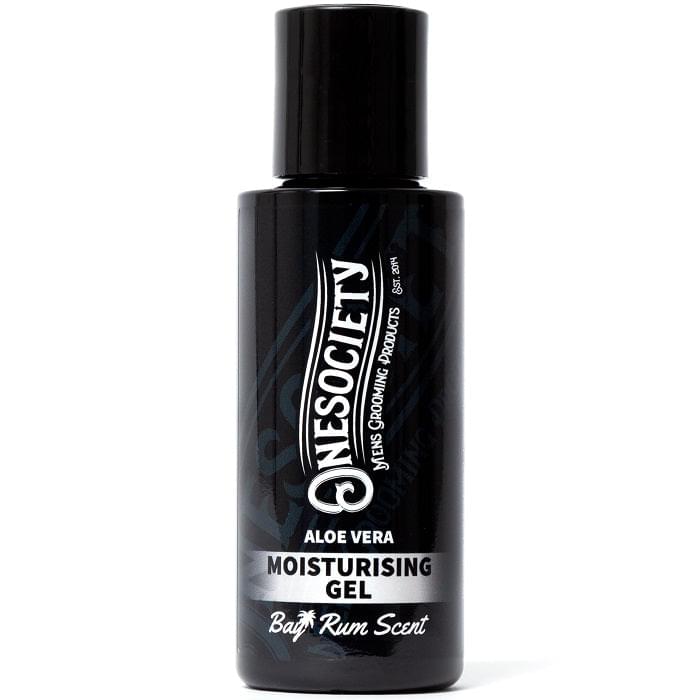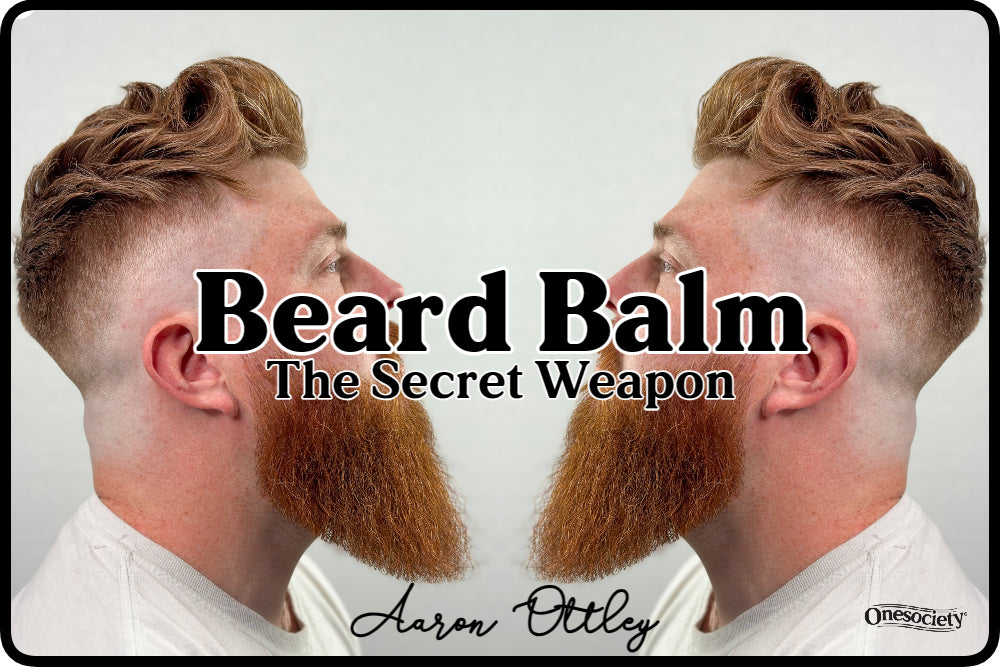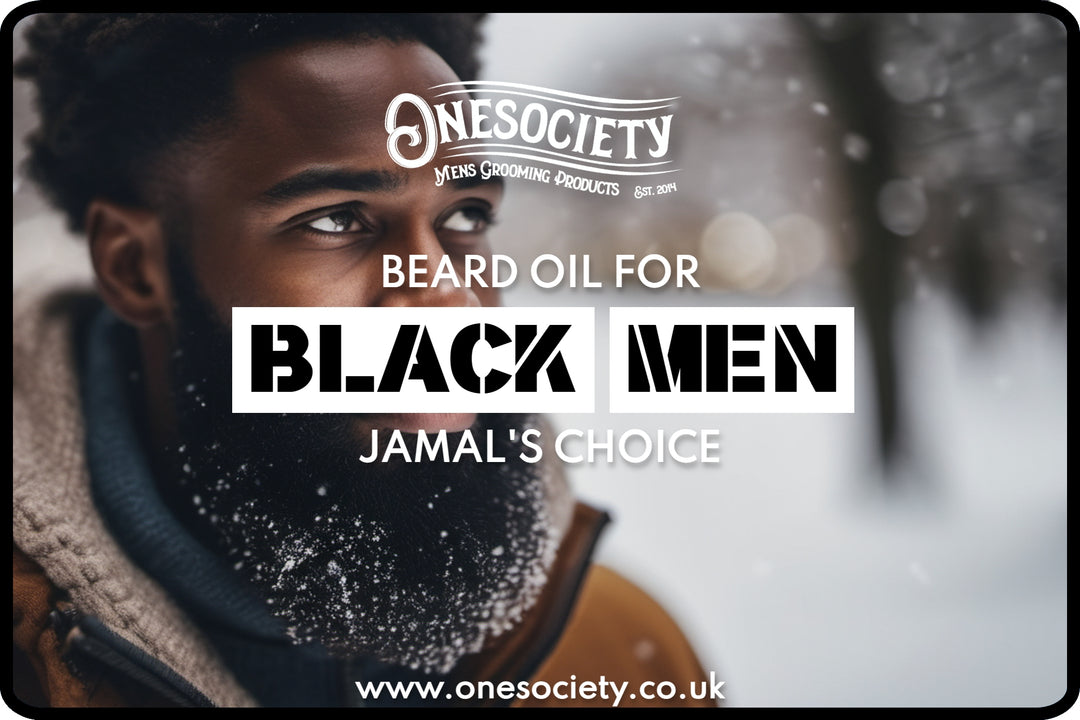Why Use Beard Balm?

In order to understand all the benefits you get out of a solid beard balm, its important that you understand what each one of these ingredients actually does.
Beeswax in beard balm gives your beard a slight hold and styling properties to an extent. Unlike beard wax which gives you the ultimate hold that your beard can achieve, the beeswax in beard balm is only just a slight hold at best.
In addition to giving you a better hold on your beard, beeswax also helps to lock in the moisture given off by the other ingredients in the balm.
If beeswax is primarily for the hold, then the butter is for spreadability. This isn’t your typical dairy butter that you may have in the fridge. Instead, the butter used in beard balm is usually along the lines of a shea or cocoa butter.
Some people this stuff smells incredible.
Shea and cocoa add a couple layers of benefits when it comes to beard balm.
First off, its extremely rich in moisture. Second only to carrier oils that I will cover next, butters help provide an ample amount of moisture for your beard. This is critical, especially if you live in a cooler or dry climate. The butter in beard balm makes sure that your beard will remain healthy throughout the day.
Secondly, and perhaps most importantly, is that butters actually improve the spreadability of the balm itself. Simply put, if butter wasn’t included in beard balm, trying to apply the balm would be an incredibly tough process and take a very long time for the actual wax to melt.
Carrier oils are where you are getting much of the benefits of any decent beard balm. Complimenting the butters used, a carrier oil will make your beard incredibly soft and healthy looking.
What is a carrier oil? Carrier oils come from several different types of plants, the most common being jojoba, argan oil, sweet almond oil, etc. Also found as the core ingredient in beard oil, carrier oils core purpose is to only nourish your beard.
If its your first ever time using beard balm a great beginner carrier oil to look out for is either jojoba or argan oil. Especially if you have very sensitive skin, jojoba in particular is just about as close of an all natural ingredient that you can use that closely resembles the natural sebum oil that your skin produces.
This greatly reduces any chance of having an allergic reaction – it's generally recommended to do an allergy patch test before applying any new products to your skin on a regular basis.
We have a full list of the ingredients in our 'Ingredients & Allergies' Page.

